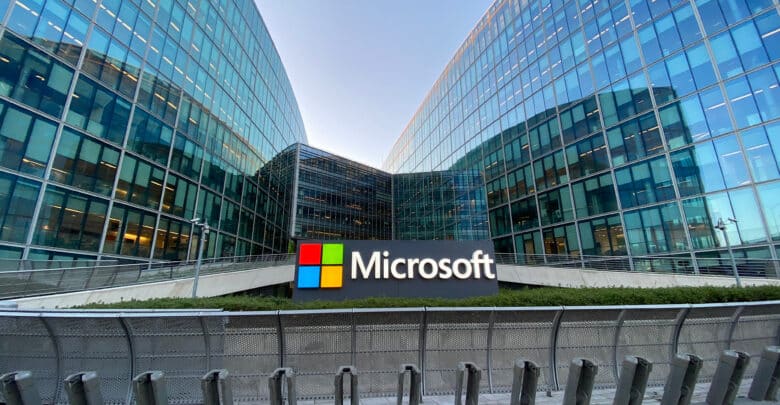
The US Federal Trade Commission confirmed blocking Microsoft Corp from taking over gaming giant Activision Blizzard. The intervention by the FTC to reject the acquisition of a metaverse-oriented gaming company has imposed a huge roadblock for Microsoft’s pursuit of building metaverse initiatives.
Microsoft Perspective of Activision as a Strategic Acquisition
Previously, Microsoft chief executive Satya Nadella indicated the takeover of Activision Blizzard is a strategic milestone in developing metaverse platforms. FTC indicated that approving the acquisition of the gaming giant will violate the fair competition principles. The competition watchdog agency argued that imposing the block is informed by the need to nurture fair competition within the gaming consoles and subscription segment.
The announcement conveyed on December 8 via FTC Twitter indicated that blocking the gaming giant takeover was necessary to avoid ceding dominance of the higher-performance gaming segment to Microsoft Corp. The competition watchdog demonstrated that Microsoft, like Sony, is a market leader with substantial control through the XBOX and PlayStation. Approving Activision Blizzard’s takeover will double Microsoft Corp’s market power.
Reasons for FTC Intervention to Disapprove the Takeover
The director of the Bureau of Competition in FTC, Holly Vedova that Microsoft had in the past acquired ZeniMax to restrict the publication of popular games, including Redfall and Starfield, exclusively to its XBOX consoles. Vedova acknowledged the complaint that Microsoft could limit the content of Activision Blizzard’s popular games from its rivals.
Speculations fuel FTC intervention to bar Microsoft Corp. from the deal that Microsoft could impose exclusive access to popular games within the Activision ecosystem, including World of Warcraft, Overwatch, Diablo, and Call of Duty.
FTC considers that approving the $69 billion takeover would enable Xbox control over the top-ranked video game franchises. The resulting control could prompt Microsoft to degrade rivals’ access to popular gaming content. FTC considers such a potential avenue to harm competition.
Blocking Microsoft from completing the largest acquisition deal in the video gaming segment is reasonable to avoid suppression of competitors. Besides, Microsoft’s Xbox is already experiencing accelerated cloud gaming and subscription content growth.
Lessons from ZeniMax Acquisition
FTC alleges that Microsoft could replicate the conduct it exhibited after acquiring ZeniMax. It gained control of Bethesda Softworks, a popular game developer, thereby suppressing competition posed by rival consoles. FTC noted that Microsoft converted the popular titles to exclusives. It backtracked from its assurances conveyed to the European antitrust agencies.
The access to Activision’s blockbuster franchises could provide Microsoft with the means to hurt business competition and manipulate the pricing of popular titles. In particular, FTC alleges that Microsoft can degrade game quality and playing experiences when using rival consoles.
Lastly, blocking the takeover is necessary to safeguard gaming consumers who would suffer if Microsoft altered access, timing, or withheld content.
The concerns raised by FTC’s argument to block Activision’s takeover could relegate the Nadella-led tech giant to the drawing board over its metaverse initiatives.
Editorial credit: JeanLucIchard / Shutterstock.com
Tokenhell produces content exposure for over 5,000 crypto companies and you can be one of them too! Contact at [email protected] if you have any questions. Cryptocurrencies are highly volatile, conduct your own research before making any investment decisions. Some of the posts on this website are guest posts or paid posts that are not written by Tokenhell authors (namely Crypto Cable , Sponsored Articles and Press Release content) and the views expressed in these types of posts do not reflect the views of this website. CreditInsightHubs is not responsible for the content, accuracy, quality, advertising, products or any other content or banners (ad space) posted on the site. Read full terms and conditions / disclaimer.





